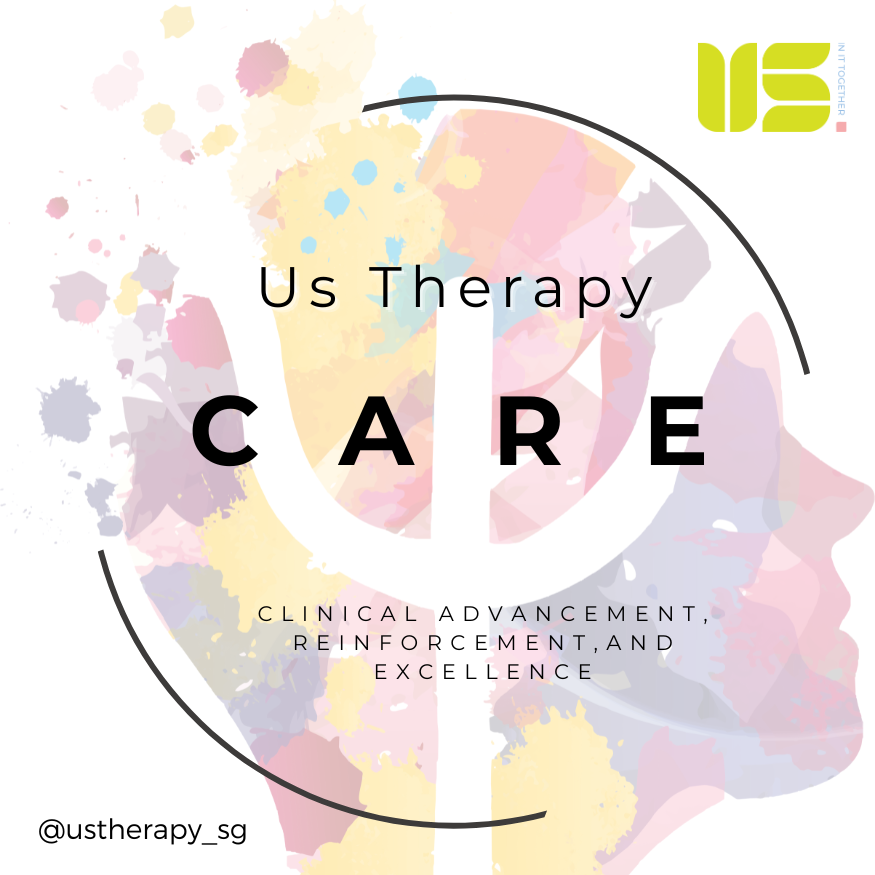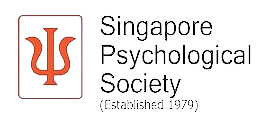Affordable Therapy

CARE Program – Low Cost Therapy in Singapore
Welcome to the CARE Program – an exciting initiative for interns and clinicians dedicated to Clinical Advancement, Reinforcement, and Excellence. This dynamic training group is designed to offer a comprehensive learning experience in clinical psychology, emphasising both theoretical foundations and practical skills.
This is our low cost therapy option, because at Us, we believe that everyone deserves help, and we cater to all financial background with our affordable therapy options.
Our program consists of two essential components:
1) Didactics/Seminar Teaching:
Engage in thought-provoking discussions and readings on ethics, therapeutic orientations, and the underlying theories of clinical techniques. Our didactics/seminar sessions will be held every Tuesday from 12-1 pm.
2) Clinical Practice (Check-outs):
Apply the knowledge gained through clinical checkouts – this is a chance to practice essential clinical skills such as Progressive Muscle Relaxation, exposure hierarchy building, DBT skills, and more. These sessions will be scheduled later in the week, aligning with the teaching schedule.
Our program ensures a well-rounded training experience for both interns and clinicians. Attendance is mandatory for interns, while clinicians are invited to participate on an optional basis.
This program aims to be a valuable contribution to the professional development of therapists-in-training and continued education for clinicians, equipping practitioners with the tools and knowledge needed to excel in their role as a clinician.
Clinicians offering affordable therapy
Trainees offering affordable therapy
Absolutely not! All our low cost therapy options are under Dr.Emma Waddington's supervision, and the whole team adheres to stringent quality assurance and training policies to ensure that you receive only the best level of care, regardless of the cost. Low cost therapy is simply delivered by our associate psychologists and interns, who are all under our senior supervision.









